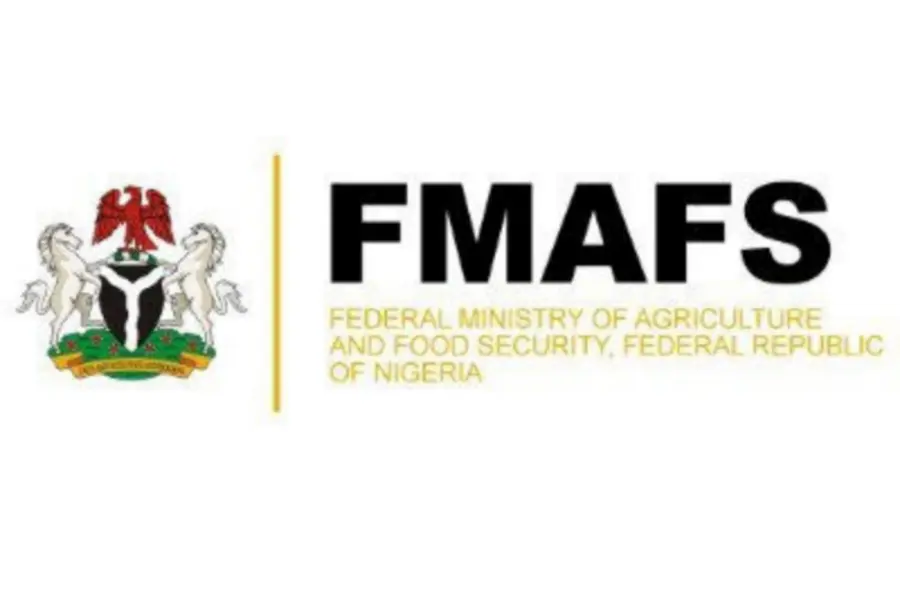The Federal Ministry of Agriculture and Food Security (FMAFS) has concluded a three-day validation workshop on the 2022–2024 Agricultural Joint Sector Review (JSR) Reports and the 3rd National Agrifood Systems Investment Plan (NASIP) for 2025–2027, reaffirming Nigeria’s commitment to agricultural transformation in line with national and continental development goals.
Declaring the workshop open, the Permanent Secretary of FMAFS, Dr Marcus Olaniyi Ogunbiyi, said the exercise was part of Nigeria’s alignment with the Comprehensive Africa Agriculture Development Programme (CAADP), a framework adopted in 2003 to accelerate agricultural growth, food security, and economic development.
“The JSR and NASIP documents are expected to guide investment opportunities, identify financial gaps in the agrifood system, and provide direction for private sector and partners’ interventions,” Ogunbiyi explained.
He recalled that Nigeria had made progress in the African Union (AU) Biennial Review Reports, ranking fourth in 2017 and third in 2023. However, he admitted that challenges remain.
He pointed out that President Bola Ahmed Tinubu’s administration had intensified agricultural investment through the Renewed Hope Mechanisation Programme (RHMP), which deployed 2,000 tractors to cultivate more than 550,000 hectares of farmland. The initiative is expected to produce over 2 million metric tons of staple foods while creating jobs for youths and women.
Ogunbiyi also spoke on the recapitalisation of the Bank of Agriculture (BoA) with N1.5 trillion, the establishment of the National Agricultural Development Fund (NADF), and the repositioning of the National Agricultural Land Development Authority (NALDA) to expand land development for food production.
He said these steps would boost agricultural finance, support agribusiness, and promote food security across the country.
As part of domesticating the Comprehensive Africa Agriculture Development Programme (CAADP), the Permanent Secretary revealed that Nigeria had inaugurated an Agricultural Sector Working Group (ASWG) in April 2025 to coordinate collective action towards the implementation of the Kampala Declaration, which runs from 2026 to 2035 and succeeds the Malabo commitments.
He added that a 10-year Strategic Action Plan (SAP) covering 2026–2035 was already being developed to ensure ownership by state and non-state actors.
Delivering a goodwill message, Blessing Akhile, Food and Agriculture Programme Advisor at ActionAid Nigeria (AAN), called for inclusive agricultural development that puts smallholder farmers at the center.
“This validation workshop is a critical step in strengthening ownership, accountability, and joint action. The 3rd NASIP will not only serve as a framework for investment but also as a tool for transforming Nigeria’s agrifood system in line with AU commitments,” she said.
On his part, Mr. Ibrahim Tanimu, Director of Planning and Policy Coordination at FMAFS, commended stakeholders for their active participation during the three-day session. He noted that the outcomes of the workshop would guide policy formulation, investment decisions, and strengthen public-private partnerships (PPPs).
“I urge all stakeholders to continue to work together to ensure full implementation of the recommendations and investment plans for a robust agricultural sector in Nigeria,” Tanimu said, before officially declaring the workshop closed.
The validation workshop, which took place in Abuja from August 18 to 20, 2025, brought together government officials, international partners, donor agencies, civil society organisations (CSOs), and private sector actors.
Participants reviewed and validated key policy documents that will guide Nigeria’s agricultural development for the next three years while aligning with Africa’s long-term vision for food security and agrifood system transformation.

